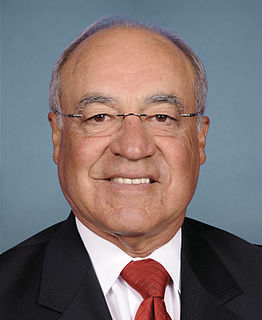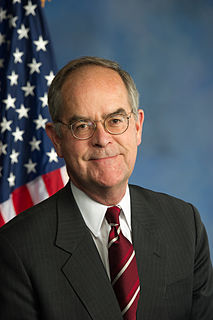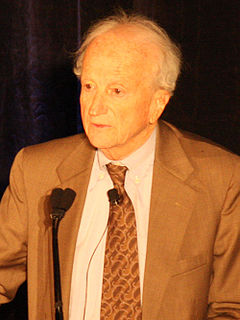A Quote by Virginia Postrel
The growth of medical expenditures in the U.S. is not caused by administrative costs but by increases in the technical intensity of care over time - a.k.a. medical progress.
Related Quotes
The role and weight to be accorded medical testimony in Administrative hearings before the Post Office Department was established....These decisions enunciate a rule that informed medical consensus and the 'universality of scientific belief' may be established through the testimony of a (one, single - Ed.) medical doctor.
One of the biggest reasons for higher medical costs is that somebody else is paying those costs, whether an insurance company or the government. What is the politicians' answer? To have more costs paid by insurance companies and the government. ... [H]aving someone else pay for medical care virtually guarantees that a lot more of it will be used. Nothing would lower costs more than having each patient pay those costs. And nothing is less likely to happen.
It is taken for granted that workers should receive their pay partly in kind, in the form of medical care provided by the employer. How come? Why single out medical care? Surely food is no less essential to life than medical care. Why is it not at least as logical for workers to be required to buy their food at the company store as to be required to buy their medical care at the company store?
Now, it is sometimes said that medical care is too important to be left to the market, and that it is immoral to profit from the illnesses of others. I say medical care is too important to be left to the failed central plans of the political class. And as for profiting from providing medical care, we can never be reminded enough that in a free society, a profit is a signal that valuable services are being rendered to people on a voluntary basis.
Medical disenfranchisement is fueled by a host of factors that include worsening shortage of primary care doctors in needy communities and a troubling scarcity of providers willing to treat the uninsured or publicly insured. Adding to the trend are fewer medical students choosing primary care over more lucrative and specialized fields.
Human capital analysis starts with the assumption that individuals decide on their education, training, medical care, and other additions to knowledge and health by weighing the benefits and costs. Benefits include cultural and other non-monetary gains along with improvement in earnings and occupations, while costs usually depend mainly on the foregone value of the time spent on these investments.





































